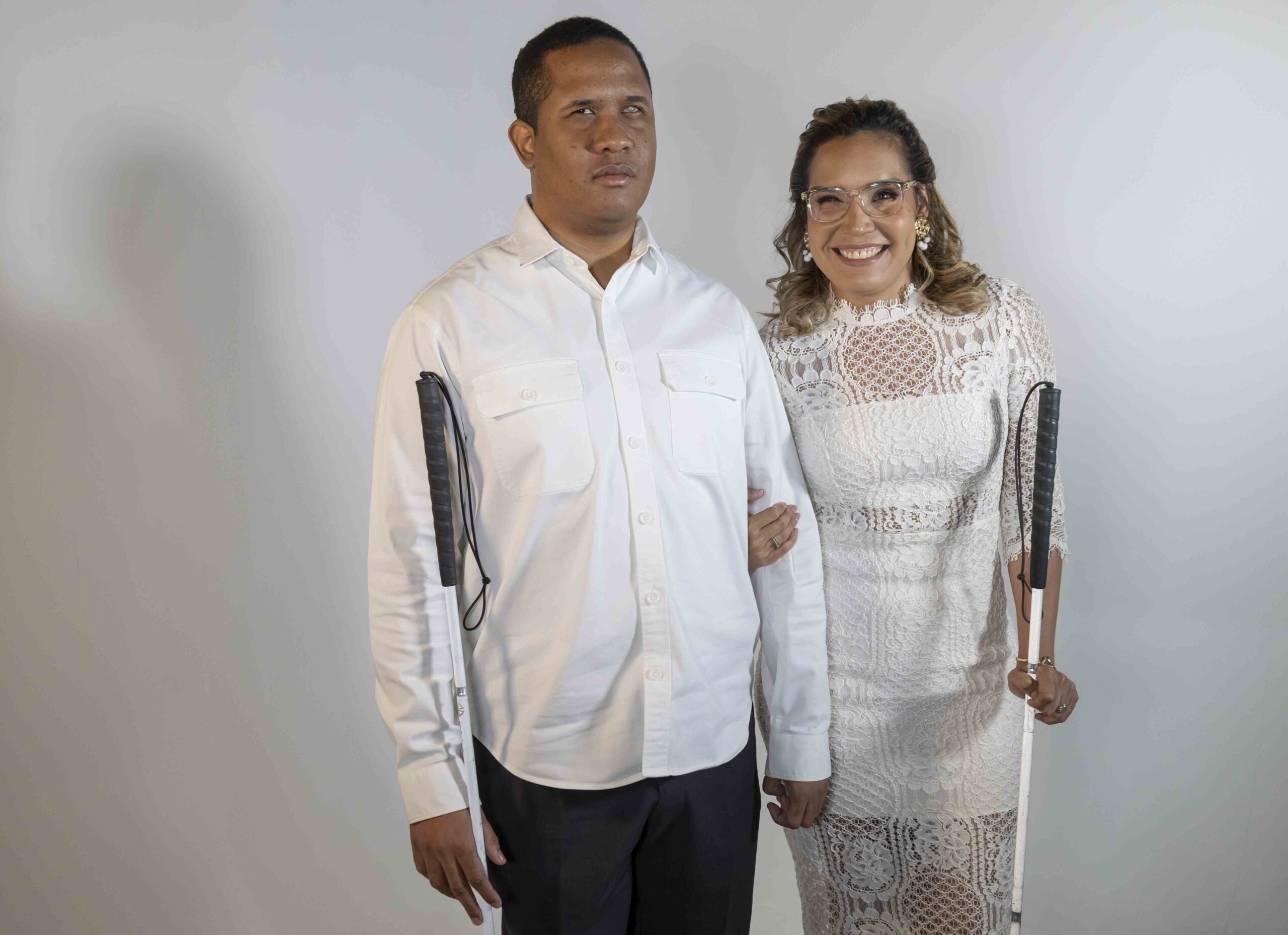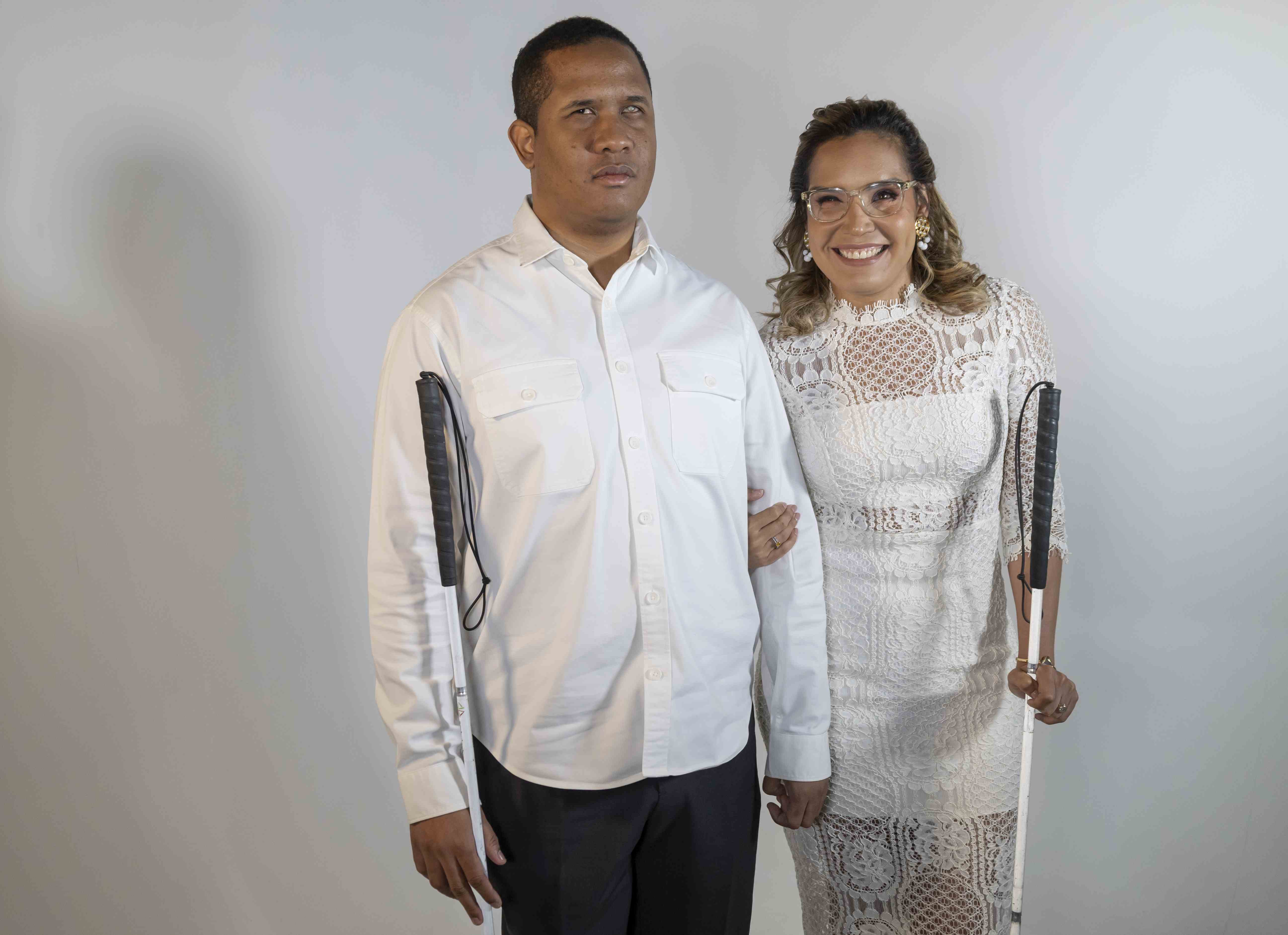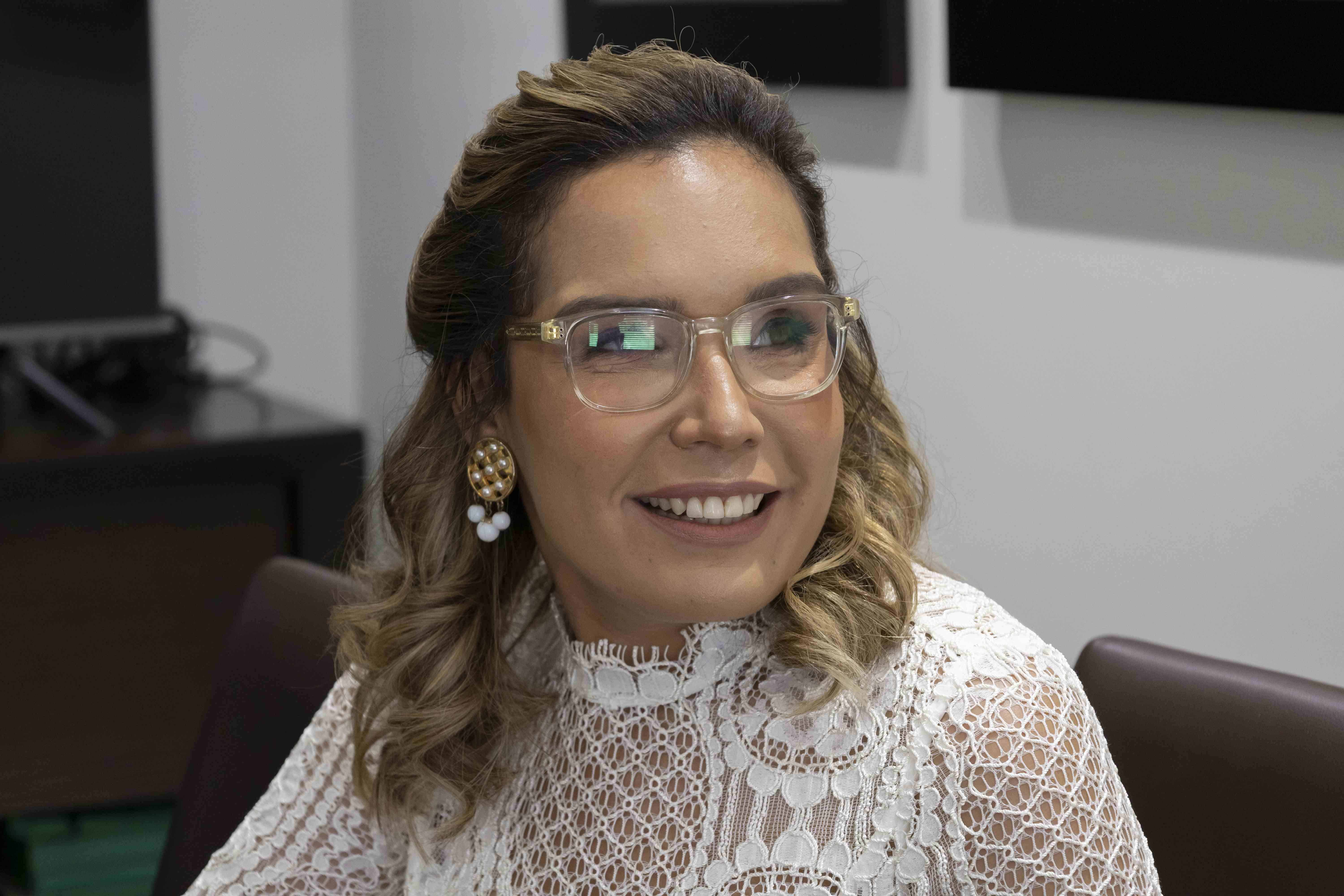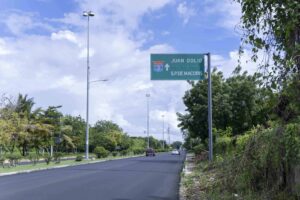
This year, the Foundation Francina Hungary celebrates the tenth anniversary of its White Cane campaign. In these 10 years they have managed to deliver more than 7,000 canes and benefit thousands of people with disability visual through training programs.
As is customary, the campaign will close with the Congress Urban Accessibility International, which in its fourth edition will focus on the impact of climate changes in the resilience of cities.
The meeting will feature conference final by Sébastien Jodoin, associate professor at the Faculty of Law at McGill University and the Canada Research Chair in Human RightsHealth and Environment.
From the Foundation Francina explain that the focus of the congress not only seeks to highlight the need to create more accessible spaces for people with disabilitybut to approach the topic from a perspective comprehensive. Irregularities on public roads are a problem that harms the entire population.
“We wanted to focus our gaze from the perspective that we have all, at some point, been affected by the hostility of our public roads“explains Francina Hungary, representative of the NGO that bears her name.
“Any Dominican can identify with the fact that the sidewalks are very hostile to actors such as the pedestrian, a cyclista pregnant woman or an elderly person”.

Climate change and disability
The relationship between both terms is clear: climate change amplifies the marginalization that people with disability.
As part of his research findings, Jodoin discovered that the Dominican Republic is at a critical point when it comes to inclusion of people with disability in risk management climate emergencies.
“He climate change presents challenges to economic growth and decreases access to employmentand the most unemployed people in this country are those with disability“explains José Beltrán, president of the Foundation Francina Hungary.
“If we already know that eight out of 10 people with disability they don’t have employmentcompared to three out of 10 people without disabilitythe difference is evident. If access is reduced employmentpeople with disability will be the most affected,” he continues.
Furthermore, the climate changes accentuate the risks of marginalization. “The risk you have is that, in the event of an earthquake, in the event of a hurricane, in the event of a fire, a person with disability is in greater danger of losing his life or being seriously injured than a person without disability for logical reasons,” he maintains.
This is where the need arises to design cities that adapt to changes. “If in the dynamics of answer in view of risks or situations of emergency you do not contemplate how to approach people with disability to train them in prevention and warning, nor do you take measures to respond, you are simply condemning those people to whatever happens to them, for God’s sake,” he warns.
“It is logical that every year we will face more floods and floods. If we do not consider that the city should be designed to respond to blind people or those who use wheelchairs, we run the risk of creating new people with disability due to the accidents that will occur, as well as a greater risk to the health of those who already have a disability“Adds Beltrán.

“Urban accessibility is not making the city accessible only for people with disabilities”Representative of the Francina Foundation
What needs to be improved?
The lack of comprehension about the true essence of accessibility urban is a significant obstacle in the decision making of authoritiesaccording to Hungary.
“It is missing to understand that when we talk about accessibility We are not just referring to people with disabilitybecause, for example, if right now I say accessibility urban, we immediately think of ramps and lines for people with disability. And not, accessibility urban development is that anyone has the means and guarantees to go from point A to point B safely and reliably, accessing basic goods and services,” he clarifies.
To move forward, he points out, it is essential to adopt a perspective that recognizes that accessibility benefits the entire society. Understanding that it is a right that encompasses the entire citizenship and not only to a specific group, the responsibility will begin to be assumed investment in infrastructure accessible as a necessity.
“As soon as we assume that a city is not built just for buildings and automobiles, but for peoplewe will begin to change. But we still have a long way to go to get there,” concludes Hungary.
The IV International Congress of Urban Accessibility will take place on Thursday, October 17 at the Embassy Suites By Hilton Santo Domingo. This year, for the first time, they will have the collaboration of the CAF – Development Bank of Latin America and the Caribbean -, which will present two speakers who will share their vision on climate change, economics and development in various contexts. As part of their conference, Sébastien Jodoin will offer data on his research related to climate change and its impact on people, focusing on the situation in the Caribbean, especially in the Dominican Republic, as well as the actions necessary to transform the critical reality.



